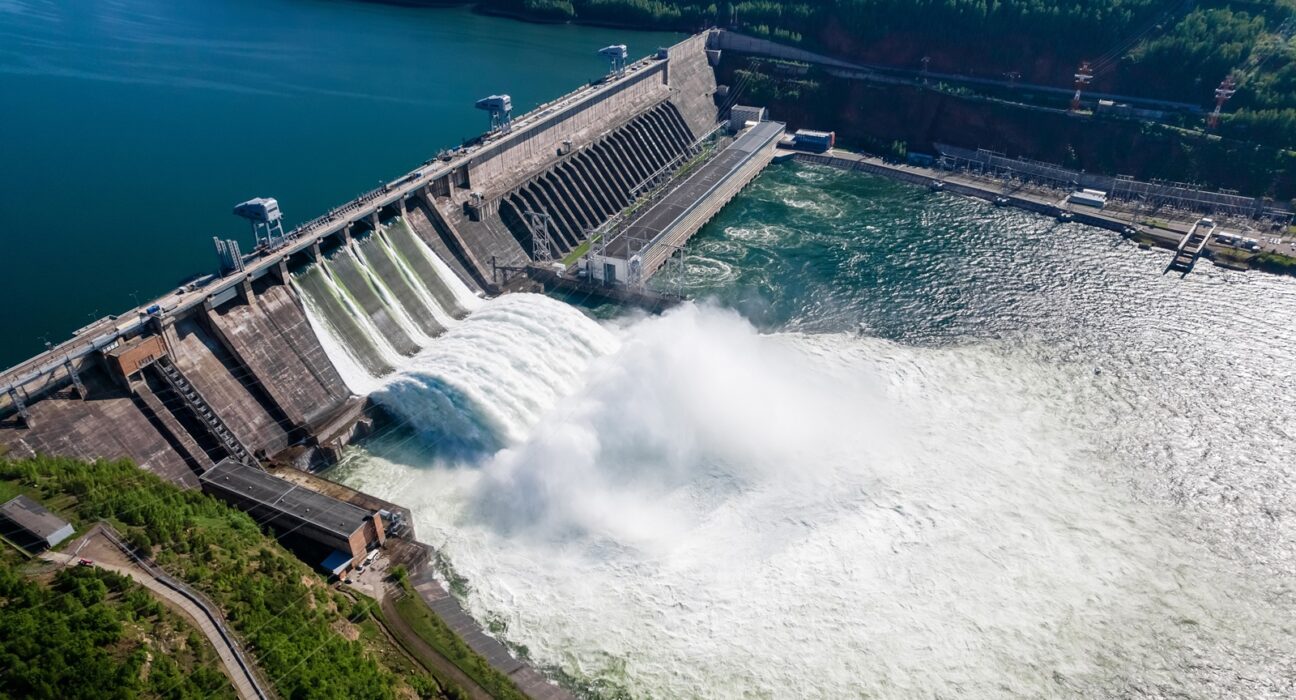Stretching for 5 miles across the Paraná River between Paraguay and Brazil lies Itaipu, one of the world’s mightiest hydroelectric dams. This colossal structure boasts an installed capacity of 14,000 megawatts and generated enough energy in 2016 to power Paraguay’s electricity needs for over seven years. It stands as the most expensive individual object globally, recognized by Guinness World Records for its staggering cost.
Constructed half a century ago as a symbol of cooperation between Brazil and Paraguay during a border dispute, Itaipu’s history is tarnished by corruption scandals. The project’s price tag soared to over $63 billion due to financial mismanagement during its inception. Moreover, the 1973 Itaipu Treaty has long been a bone of contention for Paraguayans who feel unfairly treated under its provisions.
Following the final installment repayment in 2023, negotiations commenced to revise key terms of the treaty that could potentially provide Paraguay with fairer compensation for its hydropower. Former Paraguayan vice minister Mercedes Canese emphasized the significance of this renegotiation as an opportunity to rectify historical grievances:
“Brazil has harmed Paraguay enormously…This is a chance to correct it.”
Amidst these delicate negotiations, a spying scandal erupted when it was revealed that Brazil’s national intelligence agency had infiltrated communications relating to Itaipu discussions involving Paraguayan officials. The breach triggered outrage in Paraguay, prompting President Santiago Peña to demand accountability from Brazil and suspend talks until explanations were provided.
The espionage controversy resurrects deep-seated animosity towards Brazil rooted in historical conflicts that have marred bilateral relations for centuries. Miguel Carter, a political scientist from Paraguay, highlighted how the scandal reignited sentiments stemming from past confrontations:
“As a country, we’re extremely concerned.”
As revelations unfolded about the extent of Brazilian surveillance operations targeting classified documents and diplomatic exchanges regarding Itaipu negotiations even into President Lula’s term, tensions mounted further. The ongoing diplomatic fallout threatens not only current relations but also future cooperation on critical issues like narcotics trafficking.
Furthermore, climate change exacerbates challenges faced by both countries regarding energy sustainability. Decreasing water levels in the Paraná River impact Itaipu’s efficiency while rising temperatures drive up air conditioning demands in Paraguay—a country heavily reliant on hydropower but facing increased energy consumption from various sectors including cryptocurrency mining.
In light of these pressing concerns and asymmetrical power dynamics between Brazil and Paraguay, experts advocate for comprehensive solutions beyond mere renegotiation terms. Suggestions include compensating for past debt revisions benefiting Brazil at Paraguay’s expense and addressing environmental consequences such as displaced indigenous communities affected by dam construction.
Ultimately, as both nations navigate through this tumultuous period marked by surveillance scandals and contentious negotiations surrounding their shared energy source at Itaipu, the path towards equitable resolutions remains fraught with historical complexities and geopolitical intricacies that will shape their future interactions profoundly.

